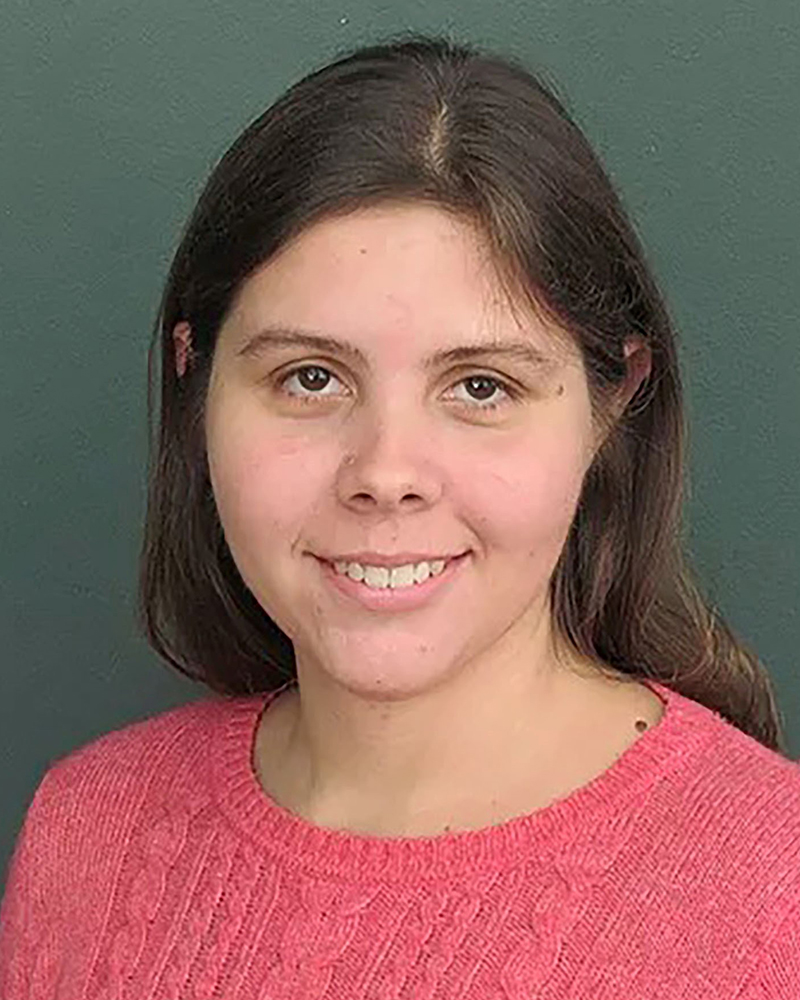Each month, the editors of three of the American Society for Pharmacology and Experimental Therapeutic’s (ASPET) journals choose who they call their Highlighted Trainee Authors. These early career scientists are recognized for their innovative research published in The Journal of Pharmacology and Experimental Therapeutics, Drug Metabolism and Disposition, and Molecular Pharmacology. This feature showcases these young scientists, demonstrates what drives them and reveals why pharmacology is important to them.

Nayara Braga Emidio
Nayara Braga Emidio, PhD, is a postdoctoral research fellow at the National Institutes of Health. Emidio enjoyed learning about how things work on a molecular level, and she also got a chance to get some hands-on experience in research labs.
“Seeing how we could design molecules to control biological processes and then figure out what happened was super cool to me,” Emidio said. “This hands-on experience doing science made me excited to pursue a research career.”
Emidio plans to continue her journey in research and development and hopefully contribute to discoveries and innovations in my field. She hopes her discoveries aid the development of innovative therapeutics with advantageous properties that could lead to improved clinical outcomes.
By having her research published in Molecular Pharmacology Emidio “hopes our work with nanobody-ligand conjugates sparks others to explore the vast potential of neutral allosteric pharmacophores with other receptors,” she explained.
“ASPET is a well-established scientific society and the prestige associated with its journals in the pharmacology research community makes this recognition particularly meaningful.”



Lisa Schlein
Lisa Schlein, DVM, PhD, MS, MBA, Diplomate of the American College of Veterinary Pathologists (Clinical), is an Assistant Professor, Microbiology, Immunology and Pathology Department at Colorado State University (CSU).
During her life Schlein dealt with personal losses to cancer. Upon learning about CSU’s comparative oncology program, she became fascinated by the idea of helping to advance human oncology using naturally occurring canine disease as a model.
“Witnessing the impact of research on patient outcomes at CSU continually inspires me, and as a clinician-scientist I aim to improve diagnostic assays, and to evaluate therapeutics that may be used in both canine and human cancers,” said Schlein.
She is honored that her recent PhD work is featured in The Journal of Pharmacology and Experimental Therapeutics, and she is excited to continue contributing to the comparative oncology field. As a passionate educator, Schlein hopes to meaningfully advance veterinary educational practices.
“I am particularly interested in evaluating shared mechanisms of pathogenesis between species, understanding how tumor cell populations evolve over time, and ultimately, in improving care outcomes for both species,” Schlein stated.
